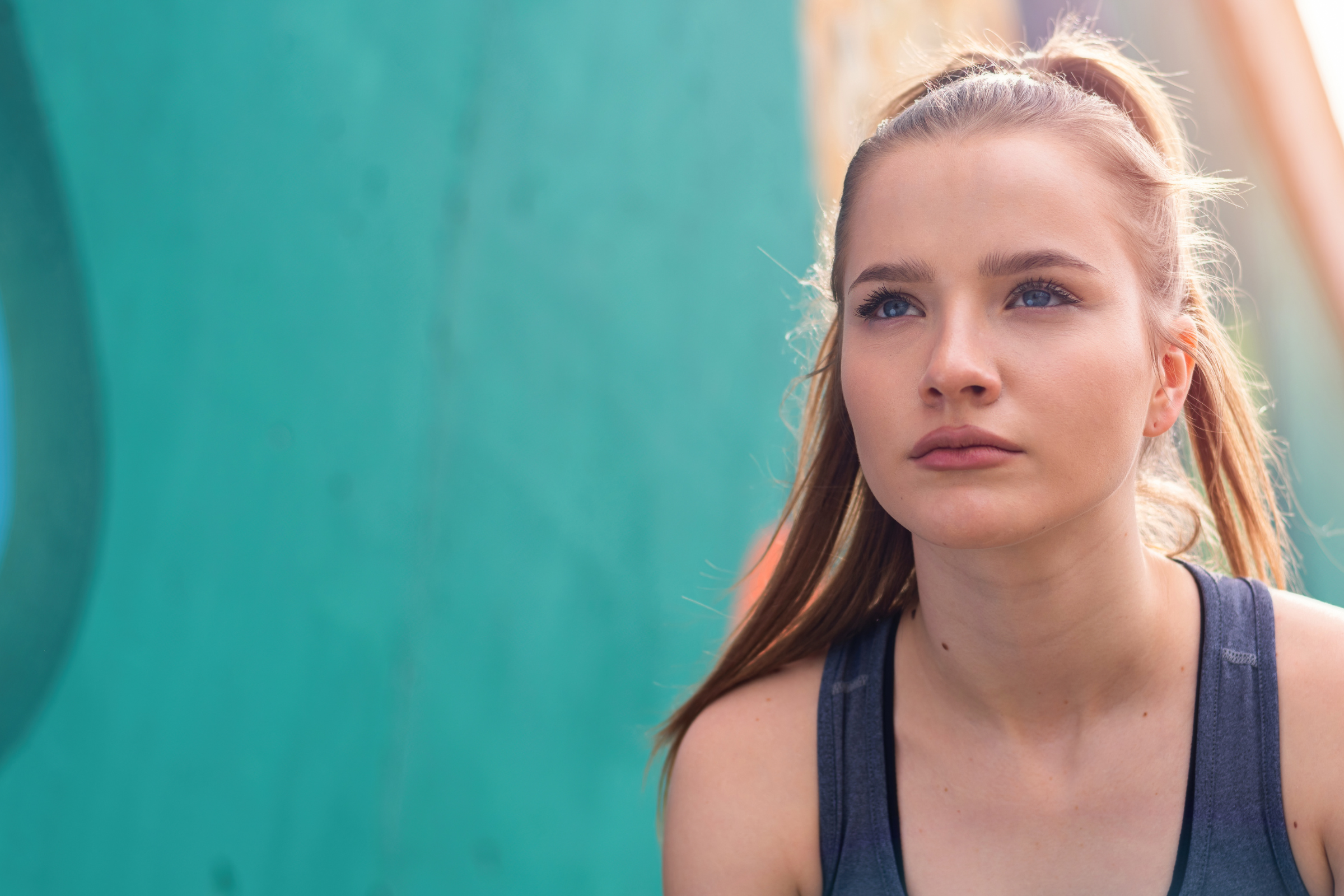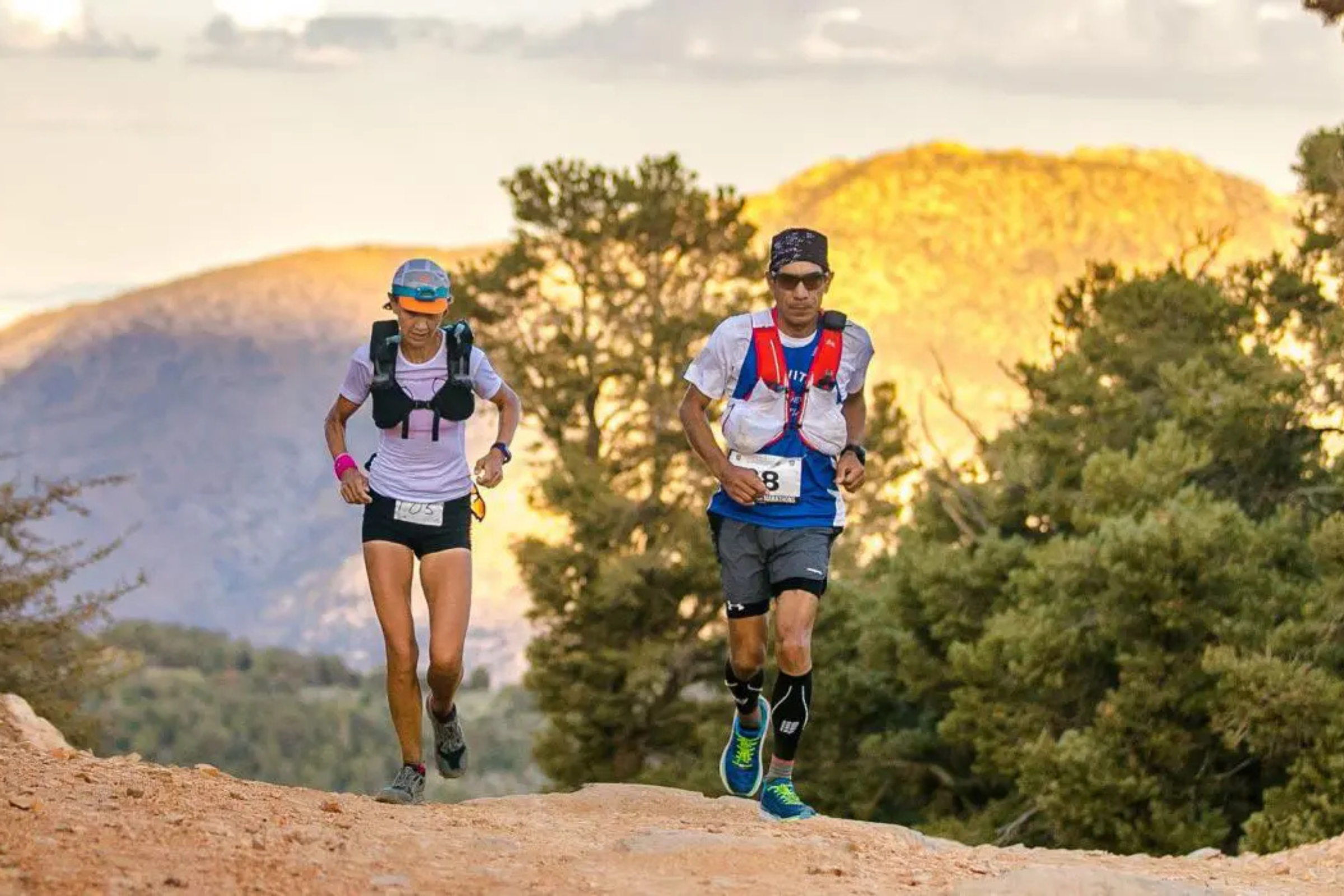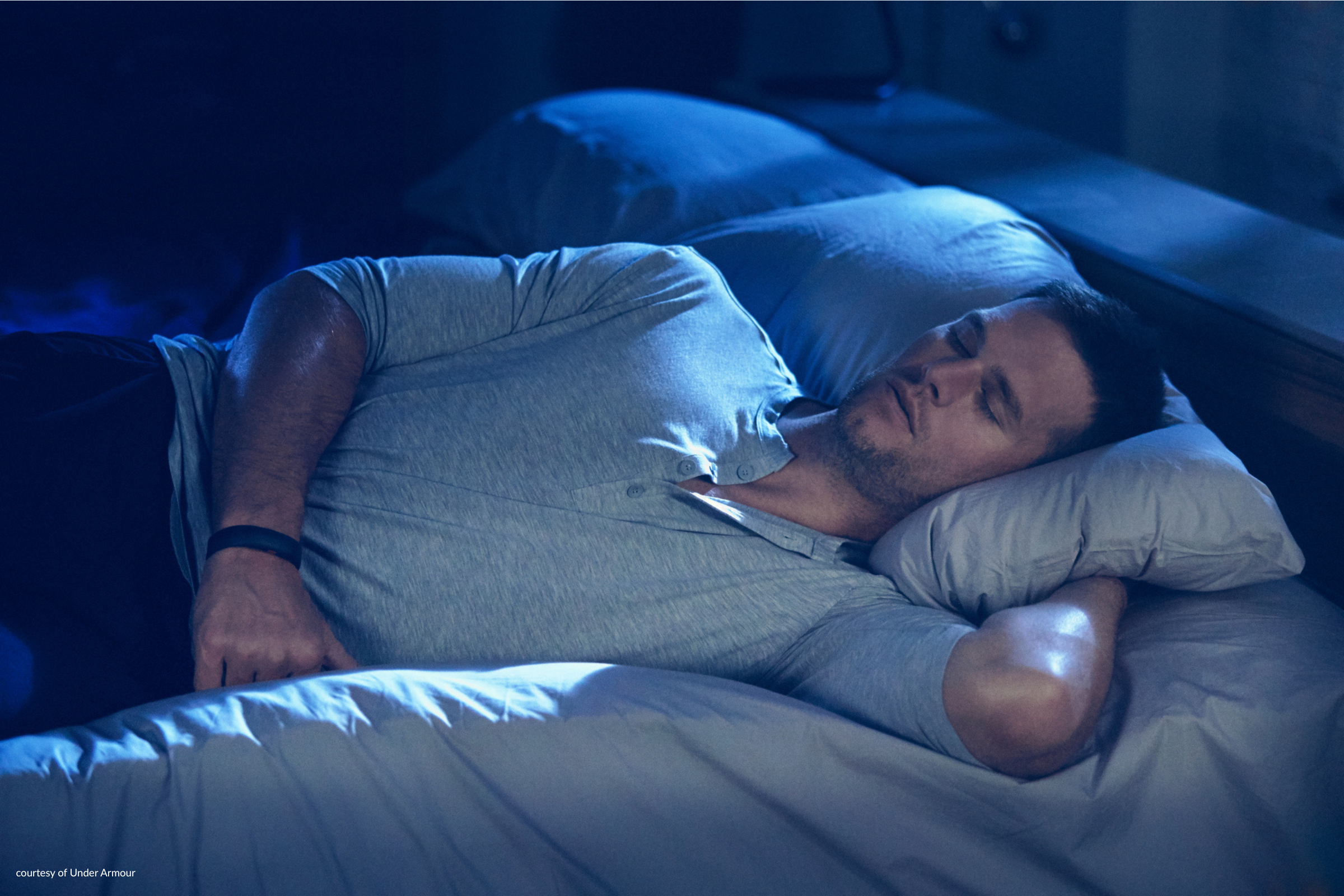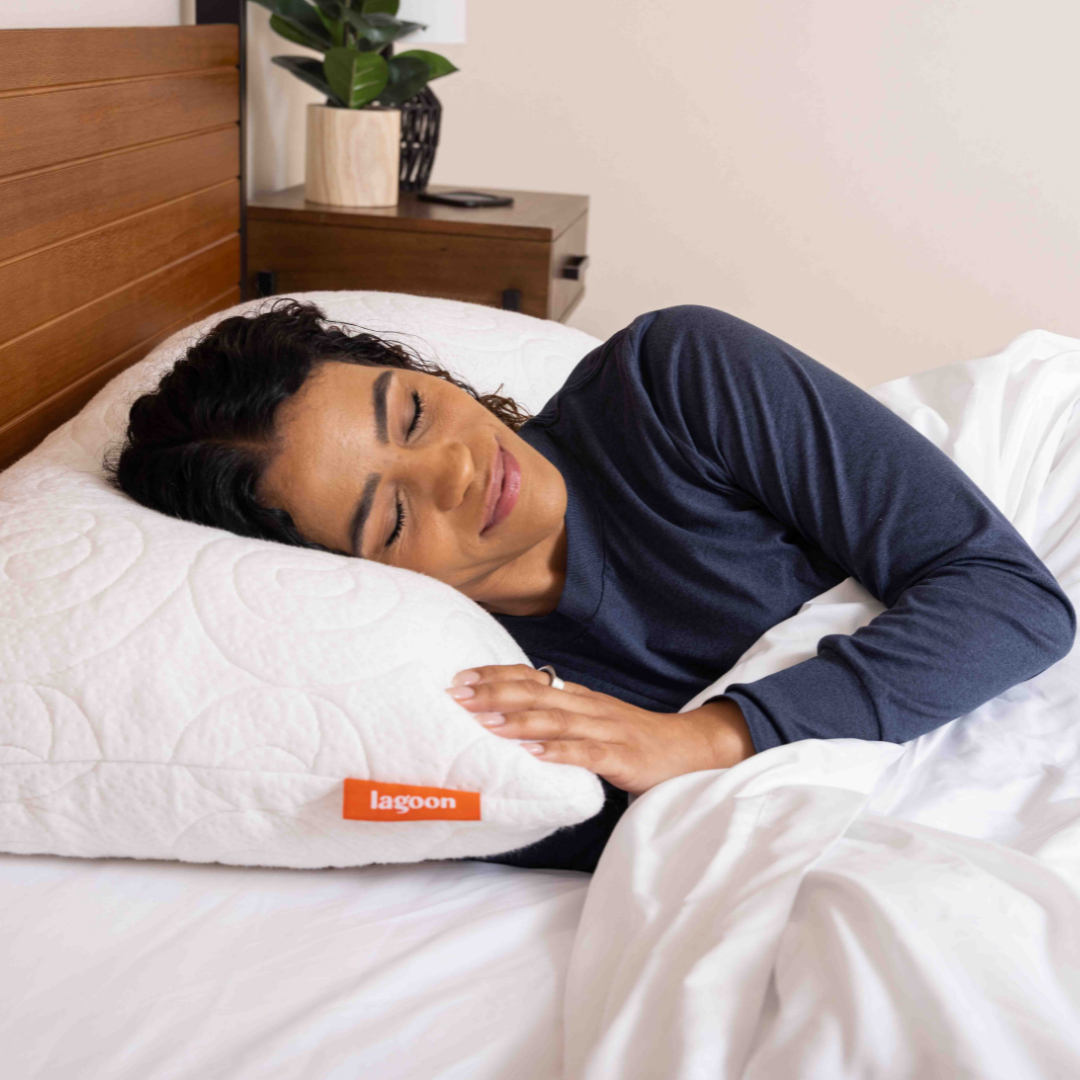Hey packlings 👋
How many hours of sleep does an F1 World Champion need? What is sleep light therapy? How many colors of sound are there, and which is best for your sleep? Dive into this week's edition of Sleep and Fitness News to learn more!
🏎️ How F1 World Champion Max Verstappen Secures Deep Sleep
Three-time F1 world champion, Max Verstappen, has won five of seven races in the 2024 season while simultaneously competing in iRacing - all while maintaining a consistent sleep schedule. At the Emilia Romagna Grand Prix, he explained the impact of sleep on his performance. First, consider that race weekends are action packed with qualifiers, press conferences, track walks, and practices, and the drivers push their bodies to their limits for a chance at the podium. Then in addition to the Grand Prix this past weekend, Vertsappen raced in a 24-hour sim-race. It’s therefore quite impressive that he still tried to achieve seven hours a night on race weekends - sharing that sleep is extremely important to his preparation. Verstappen’s victories in both competitions that weekend demonstrate the importance of sleep to achieve success in the high pressure environment of racing.
💡 Sleep Light Therapy - A Possible Solution to Insomnia
Sleep Light Therapy is the process of exposing oneself to artificial light that contains distinct wavelengths during the day. These wavelengths effectively regulate one’s sleep-wake circadian rhythm by replicating sunlight indoors and suppressing melatonin production during the day, while promoting it in the evening. Sleep light therapy can be incorporated into your every-day life through desk lamps, alarm clocks, and visors. These sources can be charged to get the adequate 10,000 lux of illumination, and sessions should last 20-40 minutes with the device located 16-24 inches from one’s eyes. Best results are obtained when performed early in the morning, however this process varies per individual and should be tailored to their responses. If you’re interested in how this may work best for you, consider speaking with a medical professional. And remember to consider other factors in your sleep routine like screen time, your diet, and your bedding to find the solution that works best for you.
🏅How Team USA Will Win The 2024 Olympics With Better Sleep
The U.S Olympic and Paralympic Committee (USOPC) recognizes the edge that good sleep provides. In 2020, the committee launched a mental health task force that revealed sleep is the number one concern amongst Team USA athletes. Flying from all around the world, they struggle with the effects of jet lag, as well as their mental health throughout the competition. Data from the International Olympic Committee in 2016 categorizes 49% of the athletes as poor sleepers. To aid in this, the USOPC has begun a Sleep Optimization Program in advance of the Paris Games. Olympic medalists Gabby Thomas, Ryan Crouser, and Connor Fields credit their sleep routines for their results, demonstrating the importance of utilizing sleep resources to enhance your performance!
🌈 A Rainbow of Noise to Put You to Sleep
The study of colored noise is young, but thousands of people around the world listen to a palette of colors to help them sleep and meditate. How does it work? Well, each color is different. White noise is defined by sound engineers as having equal volume across all frequencies audible to humans, and it is often compared to radio static. This noise stimulates the brain without providing information, resulting in benefits for people with ADHD. Brown noise is very low pitched and pink noise is somewhere in between, by decreasing the volume of the highest frequencies. This results in a very natural sound of water, such as rain or ocean waves. Scientists at Northwestern University are performing studies that show short pulses of pink noise can improve memory and relaxation response, resulting in the slow brain waves of deep sleep. If you’re curious, give it a try! Remember to keep the volume low and take breaks to rest your ears.
💤 Holistic Tips to Better Days and Better Nights
You may have heard of your chronotype - typically whether you’re an early bird or a night owl. But why exactly is your chronotype important to know? Think of it as a guide to how your days and nights are connected as two parts of a whole. This determines the peak of your mental and physical performance and can be used to optimize these times. The advice is to adjust your schedule to your body rather than adjusting your body to your schedule. Look also at how you can optimize your sleep time in the hours that are best for your chronotype by keeping your room cold, dark and quiet, and finding the right pillow for you. If you’re struggling with getting to sleep or waking up well rested, try these strategies to develop a personal routine to maximize efficiency and rest!
Whether it's exploring the impacts of different light and noise on our sleep, or learning from the experiences of world renowned athletes - we’re on a journey to improve our routine sleep and fitness. Remember to follow @lagoonsleep on Instagram for your daily dose of sleep & fitness news and entertainment.







